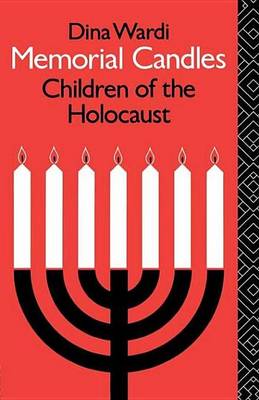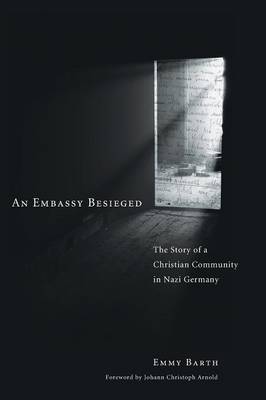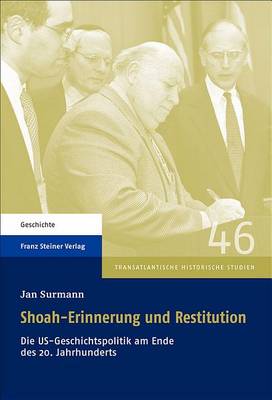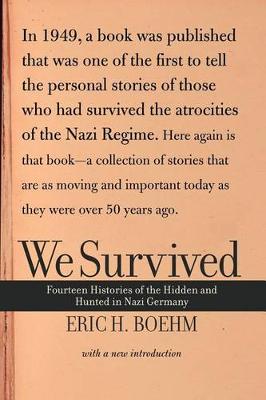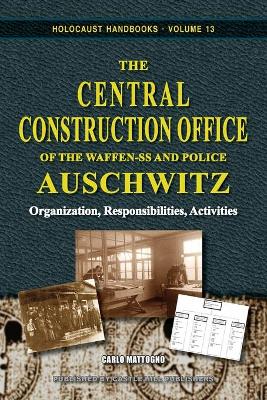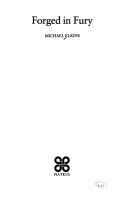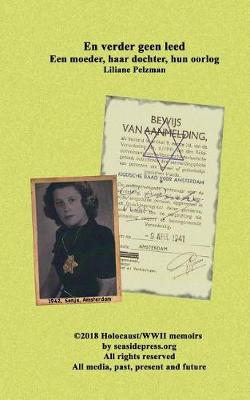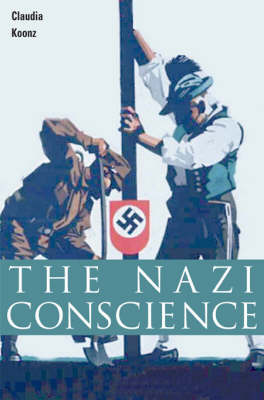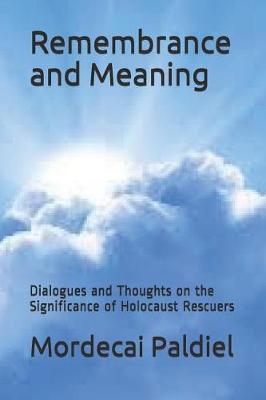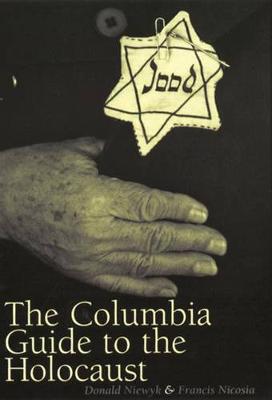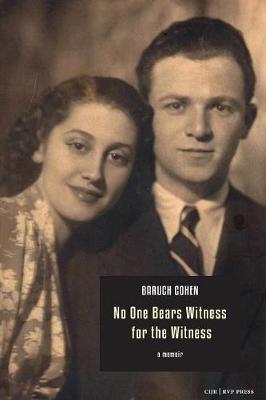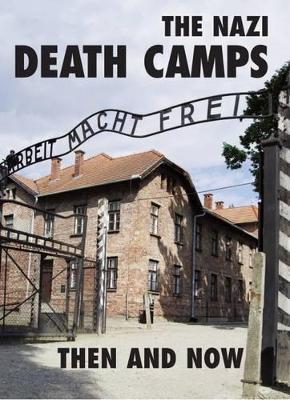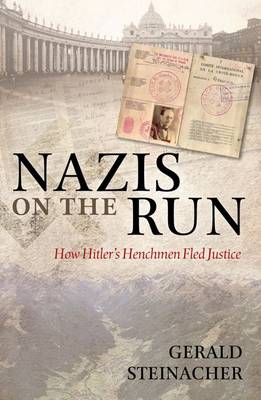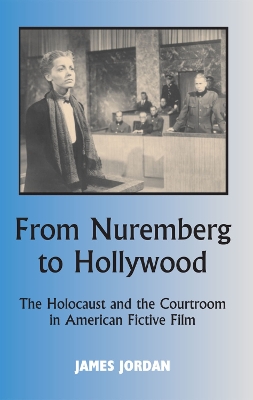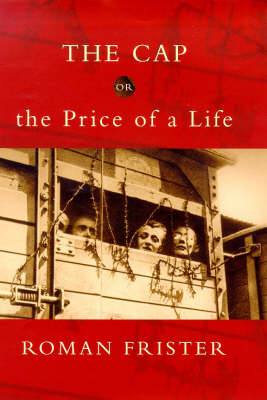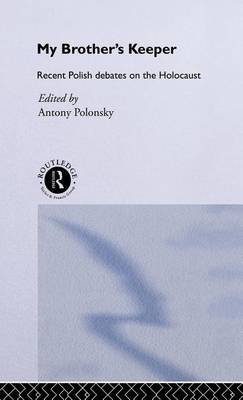Himmler's Nazi Concentration Camp Guards (Images of War)
by Ian Baxter
Shoah-Erinnerung Und Restitution (Transatlantische Historische Studien, #46)
by Jan Surmann
The book investigates the rather neglected "intellectual" collaboration between National Socialist Germany and other countries, including views on knowledge and politics among "pro-German" intellectuals, using a comparative approach. These moves were shaped by the Nazi system, which viewed scientific and cultural exchange as part and parcel of their cultural propaganda and policy. Positive views of the Hitler regime among intellectuals of all sorts were indicative of a broader discontent with de...
Thousands of Jews and Aryan" Germans opposed to Hitler led illegal lives under the Nazi terror and survived the relentless hunt of the Gestapo, the concentration camps, and the bombing. They survived in various ways some as ordinary citizens taking part in the work-day life, others with fake passports, hidden in cellars, living precariously in all the dark corners of a vigilantly policed country. In fourteen autobiographical accounts, author Eric Boehm offers a cross-section of these heroic per...
The Real Case for Auschwitz (Holocaust Handbooks, #22)
by Carlo Mattogno
The Central Construction Office of the Waffen-SS and Police Auschwitz (Holocaust Handbooks, #13)
by Carlo Mattogno
Triumph of the Spirit (Studies in Judaica & the Holocaust, No. 9.)
Imaginary Neighbors: Mediating Polish-Jewish Relations After the Holocaust
Forged in Fury is a remarkable book, written in white-hot anger about the most abominable evil ever known to mankind -- from early 1941 to April 1945, between five and six million Jews were butchered -- mostly in Eastern Europe -- by citizens of the Third Reich and those who co-operated with them. It tells of the war, the people, the SS officers, the Jewish ghettos, the concentration camps, the resistance, the heroism and the horror. In particular it follows the lives of the Jewish men and women...
En Verder Geen Leed (Holocaust/WWII Memoirs by Seasidepress, #1)
by Liliane Pelzman
The Nazi conscience is not an oxymoron. In fact, the perpetrators of genocide had a powerful sense of right and wrong, based on civic values that exalted the moral righteousness of the ethnic community and denounced outsiders. Claudia Koonz's work reveals how racial popularizers developed the infrastructure and rationale for genocide during the so-called normal years before World War II. Her reading of the voluminous Nazi writings on race traces the transformation of longtime Nazis' vulgar anti-...
The Columbia Guide to the Holocaust
by Donald L. Niewyk and Francis R. Nicosia
In the 12 years that the National Socialist Party was in power in Germany, upwards of 15,000 concentration and labour camps were established in the Greater Reich and the occupied countries to incarcerate all who were deemed enemies of the state.�Contents includes: GERMANY Dachau, Oranienburg, Sachsenhausen, Buchenwald, Ohrdruf, Flossenburg, Neuengamme, Ravensbruck, Niederhagen/Wewelsburg, Bergen-Belsen, Mittelbau-Dora-Nordhausen, Arbeitsdorf.�AUSTRIA Mauthausen. BELGIUM Breendonk, Mechelen: Case...
This is the story of how Nazi war criminals escaped from justice at the end of the Second World War by fleeing through the Tyrolean Alps to Italian seaports, and the role played by the Red Cross, the Vatican, and the Secret Services of the major powers in smuggling them away from prosecution in Europe to a new life in South America. The Nazi sympathies held by groups and individuals within these organizations evolved into a successful assistance network for fugitive criminals, providing them n...
Roman Frister was born into a wealthy, educated, cultured (Jewish) Polish family - his future was assured, until war broke out in 1939. This is his unusual autobiography, which not only tells of his horrifying experiences in Mauthausen, but also continues his life story beyond 1945, in a way which few similar books have done. The seminal experience of life in a death camp serves as the fulcrum upon which his whole life (and thus his narrative) is balanced, and in a poignant and extraordinary b...
Church of England and the Holocaust, The: Christianity, Memory and Nazism (Studies in Modern British Religious History)
by Tom Lawson
Poignant in its honesty and grim in its details, Escape from Sobibor offers stunning proof of resistance--in this case successful--by victims of the Holocaust. The smallest of the extermination camps operated by Nazi Germany during World War II, Sobibor was where now-retired auto worker John Demjanjuk has been accused of working as a prison guard. Sobibor also was the scene of the war's biggest prisoner escape. Richard Rashke's interviews with eighteen of those who survived provide the founda...

